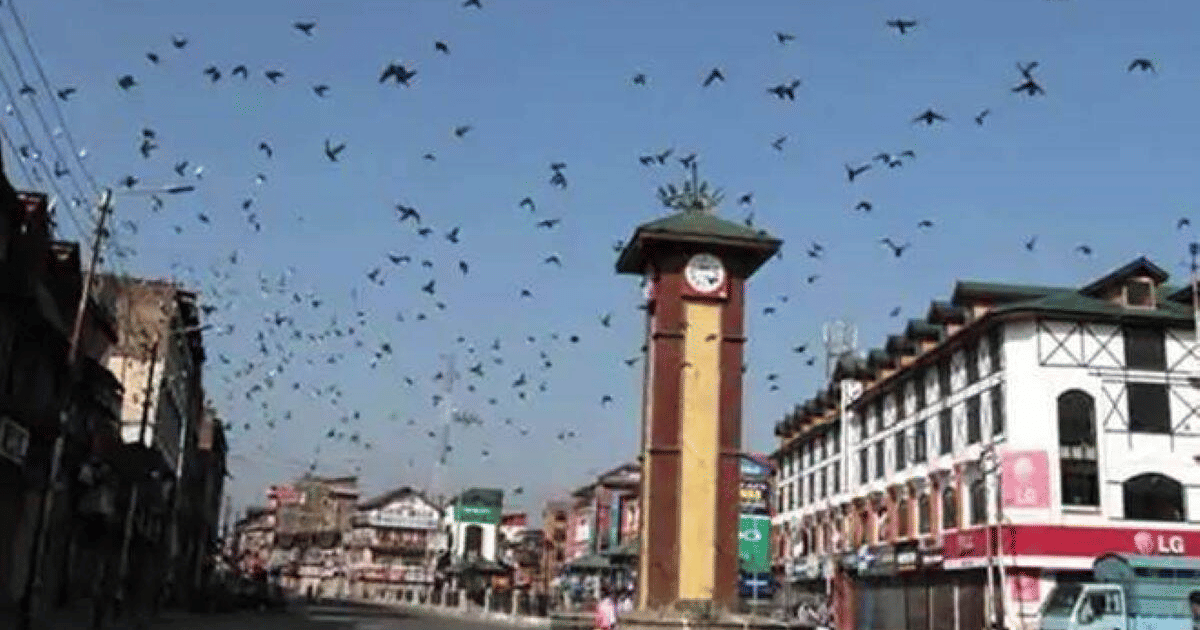 |
|
The recent amendment to the Jammu and Kashmir Reservation Rules, 2005, has ignited a firestorm of protest and dissent, exposing deep-seated anxieties and divisions within the region. Introduced by the Lieutenant Governor, Manoj Sinha's administration, the revised policy significantly alters the existing reservation structure, increasing allocations for Scheduled Tribes (STs) and Other Backward Classes (OBCs) while simultaneously reducing the share allocated to the general category. This seemingly straightforward adjustment has unleashed a torrent of criticism, highlighting the intricate and often fraught relationship between reservation policies, social justice, and political maneuvering in the sensitive context of Jammu and Kashmir.
The core of the contention lies in the perceived inequity and lack of transparency surrounding the implementation of the new rules. The increase in ST reservations, which now includes a 10% quota for Paharis and three other tribes, and the expansion of the OBC category with the addition of 15 new castes, as recommended by the SEBC Commission, have been met with accusations of favoritism and political expediency. Critics argue that the changes disproportionately benefit specific communities, exacerbating existing social tensions and undermining the principle of meritocracy. The protest, led by students and joined by prominent political figures, including members of Omar Abdullah's National Conference and the opposition PDP, underscores the widespread feeling of marginalization and disenfranchisement among segments of the population that feel overlooked by the new framework.
The protests, which took place outside Chief Minister Omar Abdullah's residence, garnered significant attention, highlighting the intensity of the public's discontent. The presence of Abdullah's own son at the demonstration further underscored the gravity of the situation and the widespread nature of the opposition. While Chief Minister Abdullah responded by inviting the students for a dialogue, acknowledging their right to peaceful protest and assuring them that their concerns would not be ignored, this conciliatory gesture has done little to quell the unrest. The government's subsequent formation of a three-member panel to reassess the policy, and the High Court's intervention through a petition challenging the legality of the amendments, reflect the escalating pressure on the administration to find a just and equitable solution.
The controversy surrounding the reservation policy underscores the deeply complex social and political dynamics at play in Jammu and Kashmir. The region's unique history, marked by periods of conflict and political instability, has shaped its social fabric, creating a landscape of competing interests and deeply ingrained societal hierarchies. The debate over reservations reflects not only concerns about distributive justice and fair representation but also broader anxieties about identity, political power, and the potential for further social fragmentation. The policy's impact extends beyond the immediate allocation of resources and opportunities; it has the potential to exacerbate existing divisions, undermining social cohesion and jeopardizing the fragile peace that the region has been striving to achieve.
The ongoing protests and legal challenges represent a crucial test for the Jammu and Kashmir government. The ability to navigate this delicate situation, balancing the competing demands of inclusivity and equity, will be pivotal in determining the stability and social harmony of the region. The government's response, whether it results in a complete overhaul of the policy, minor adjustments, or a robust defense of the existing framework, will have far-reaching consequences, shaping the political landscape and social relations within Jammu and Kashmir for years to come. The outcome will provide a valuable case study of how reservation policies, intended to address historical injustices and promote social justice, can sometimes become highly contested instruments that deepen rather than heal societal rifts.
